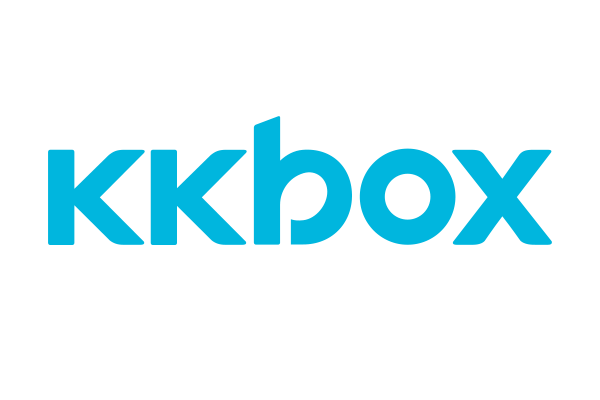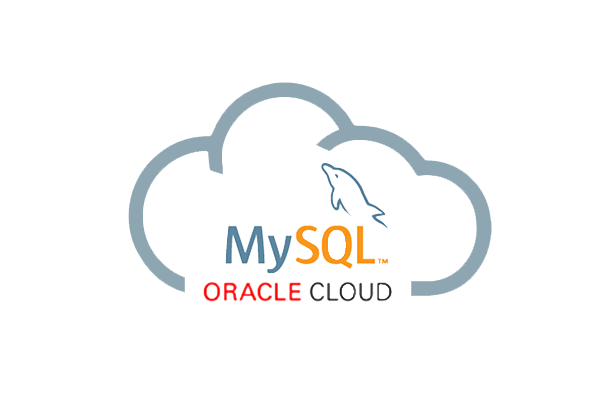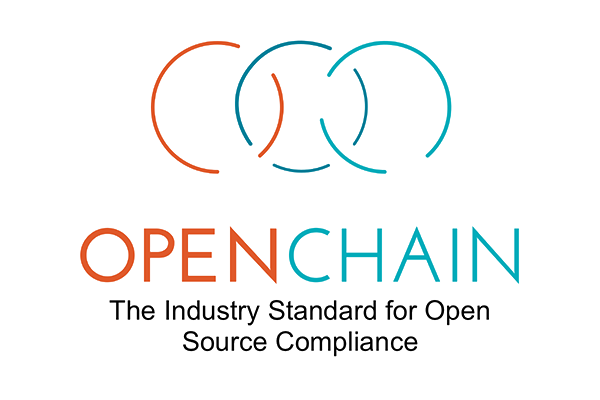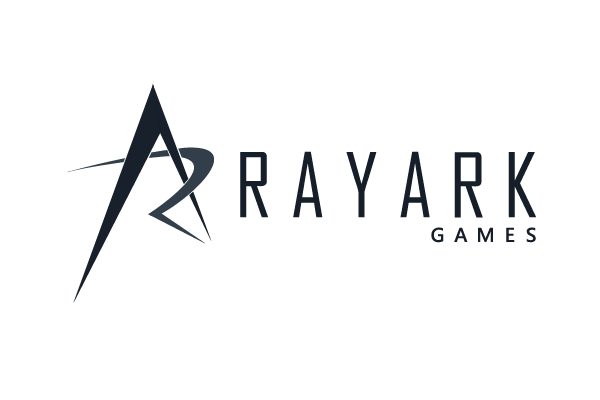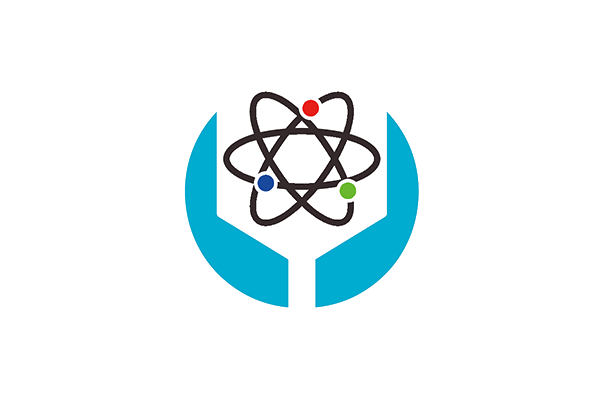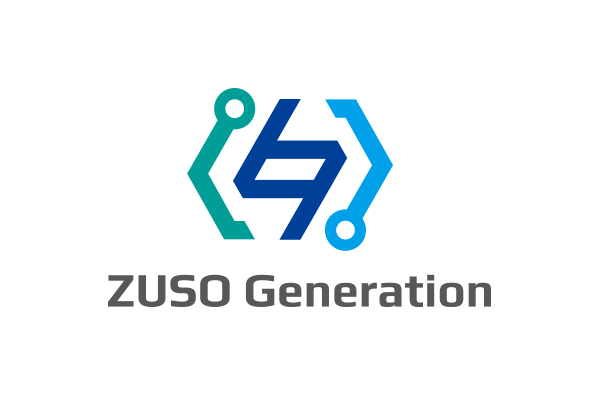This talk will explain concept and demonstrate how to run MySQL on docker container on Kubernetes. The technical concept and demonstration will cover provisioning of MySQL on Kubernetes and configuration, backup recovery technique, database upgrade, and InnoDB Cluster setup on Kubernetes for high availability and how to perform cluster scaling using MySQL Shell, YAML and kubectl.
Uncertainty becomes a conundrum for business due to rapid environmental changes and an ever-changing competitive landscape in the market. Enterprises are tasked to implement digital transformation strategies to remain competitive. As more organizations start to embrace cloud native development with microservices architecture, adoption on containers start to mainstream in allowing more frequent app releases instead of one large release.
MySQL is the world most popular open source database for internet, mobile and cloud, well adopted by today’s largest digital enterprises. It is flexible, easy-to-use, and yet highly secured, stable and scalable to cope with high volume of transactions. It is designed and optimized for web-scale applications that require a lot of flexibility to scale and distributed data to meet the application needs of continuous integration and deployment requirements, and works well on containerization with Kubernetes.
This talk aims to introduce MySQL on Kubernetes for distributed data architecture that supports cloud native development. We will discuss the concept and demonstrate how to operate MySQL on docker on Kubernetes, including: provisioning as StatefulSet, backup recovery with mysqldump and MEB, database upgrade, and InnoDB Cluster using MySQL Shell, kubectl, and YAML.
About hananto wicaksono
A database technology practitioner with 20 years of experience in IT industry. Hananto has worked on various database projects and IT infrastructure projects in the APAC region for large and small technology companies as a senior IT architect and consultant. He is a MySQL database technology evangelist and he has experience on the MySQL InnoDB Cluster on container-driven infrastructure, such as Kubernetes, along with its integration with various DevOps CI/CD for automation.




